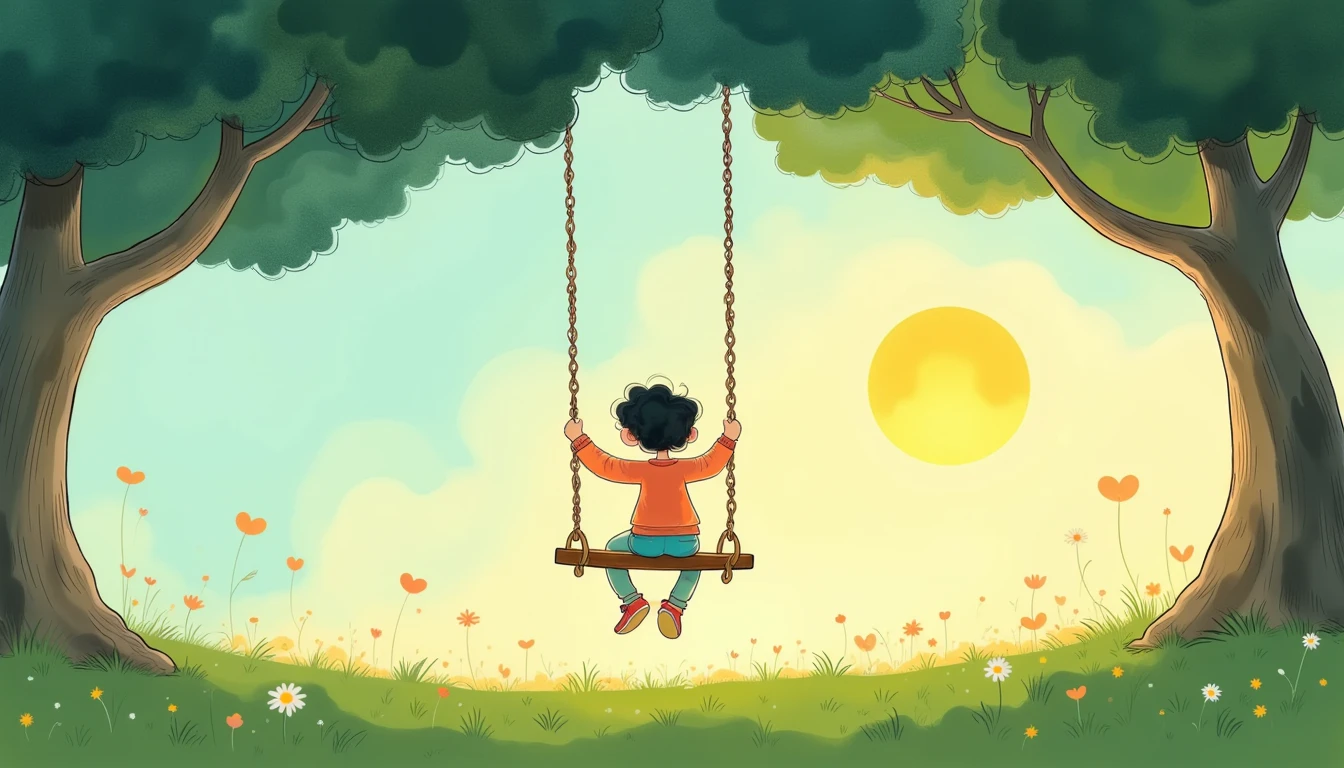Understanding The Signs Of Bad Parenting
There's a saying that parenting is the toughest job you'll ever love. It doesn't come with a manual, yet it's one of the most crucial roles you can have in life. But what happens when parenting goes awry? When love gets lost in translation, and what was meant to be nurturing turns into something less desirable? In this blog post, we'll explore the often misunderstood world of bad parenting.
You might be wondering, "What exactly does 'bad parenting' mean?" Is it yelling at your kid when they've painted the dog pink, or is it something deeper? Bad parenting isn't about the occasional slip-up or that moment of frustration when you find your toddler eating dog food. Instead, it's a pattern of harmful behaviors that can significantly impact a child's development. While nobody sets out to be a "bad parent," recognizing the signs can make a world of difference.
In today's world, where parenting advice is as abundant as cat videos on the internet, it can be challenging to sift through the noise and find practical, relatable guidance. By understanding the signs of bad parenting, you can learn how to foster a nurturing environment that helps your child thrive. So, let's break it down, shall we?
Recognizing the Signs of Bad Parenting
Inconsistent Discipline
Discipline is crucial in teaching children right from wrong, but inconsistency can lead to confusion and insecurity.
-
Mixed Signals: Imagine you're at a party, and every time you reach for a snack, someone slaps your hand without explanation. Confusing, right? Kids feel the same way when rules are applied differently each day. Consistency helps children understand expectations and develop a sense of security.
-
Lack of Boundaries: Kids need boundaries like adults need coffee. Without them, they can feel lost and unsure of what's acceptable behavior. Setting clear, consistent limits helps guide them as they navigate the world.
Emotional Unavailability
Emotional connection is the cornerstone of a healthy parent-child relationship. When parents are emotionally unavailable, kids might struggle to feel valued and understood.
-
Ignoring Emotions: Picture this: you've had a rough day, and the only response you get is a shrug. Kids need their feelings acknowledged, not dismissed. Validating their emotions builds a strong emotional bond. Learn more about emotional recognition and support in Understanding Covert Narcissism.
-
Lack of Affection: Love isn't just a noun; it's a verb. Hugs, words of encouragement, and active listening are essential in helping children feel loved and secure.

Understanding The Signs Of Bad Parenting
The Impact of Bad Parenting
Developmental Delays
Children thrive on interaction and stimulation. When parenting falls short, it can hinder their development.
-
Social Skills: Kids learn to navigate social situations by observing and interacting with their environment. If they're not encouraged to socialize, they might struggle with communication and forming relationships.
-
Cognitive Growth: Imagine trying to learn algebra while sitting in a silent room with no guidance. It's challenging at best. Children need a stimulating environment to develop critical thinking and problem-solving skills.
Emotional Problems
The emotional repercussions of bad parenting can be long-lasting, affecting children well into adulthood.
-
Anxiety and Depression: Lack of support and understanding can lead to feelings of abandonment, paving the way for anxiety and depression. It's like trying to walk on a tightrope without a safety net. For more on managing anxiety, see Conquer Social Anxiety With These Simple Tips.
-
Low Self-Esteem: Constant criticism and neglect can chip away at a child's self-worth. They need encouragement and positive reinforcement to build confidence and self-esteem.

Understanding The Signs Of Bad Parenting
Creating a Nurturing Environment
Establishing Consistency
Creating a structured environment helps children feel secure and understand what's expected of them.
-
Routine Matters: Think of a routine as the framework of a house. It provides structure and stability, allowing children to thrive within its walls. Consistent routines can make children feel safe and help them develop self-discipline.
-
Clear Communication: You wouldn't build a house without blueprints, right? Clear communication is the blueprint for effective parenting. Explain rules and expectations clearly to avoid misunderstandings.
Building Emotional Connections
Fostering strong emotional ties helps children feel valued and understood.
-
Active Listening: Ever tried to have a conversation with someone who's more interested in their phone than in you? Frustrating, right? Kids need your full attention to feel heard and appreciated.
-
Showing Empathy: Empathy is the secret sauce to any relationship. Show your child you understand their feelings by acknowledging and validating them.
Encouragement and Praise
Positive reinforcement is like a dose of sunshine, helping kids grow and flourish.
-
Celebrating Achievements: Recognize and celebrate your child's achievements, no matter how small. This boosts their confidence and motivates them to strive for more.
-
Constructive Feedback: Offer feedback that guides rather than criticizes. It's not about pointing out faults but helping them improve and learn from mistakes. For more on constructive communication, read How To Communicate With A Narcissist.

Understanding The Signs Of Bad Parenting
FAQ Section
What are the common signs of bad parenting?
Common signs include inconsistent discipline, emotional unavailability, lack of boundaries, and failure to recognize and validate a child's emotions. These behaviors can negatively impact a child's development and emotional health.
How can bad parenting affect a child's future?
Bad parenting can lead to developmental delays, social and cognitive challenges, and emotional problems such as anxiety, depression, and low self-esteem. These issues can persist into adulthood if not addressed.
Can bad parenting be corrected?
Yes, recognizing the signs of bad parenting is the first step in making positive changes. Parents can work on establishing consistency, building emotional connections, and providing encouragement and praise to create a nurturing environment.
How important is consistency in parenting?
Consistency is crucial as it helps children understand expectations and develop a sense of security. It provides a stable environment where children can learn and grow confidently.
What role does emotional availability play in parenting?
Emotional availability is key to fostering a strong parent-child relationship. Being emotionally available helps children feel valued, understood, and secure, which is essential for their emotional development.
Conclusion
Creating a nurturing environment for your child isn't about being a perfect parent—it's about being a mindful one. By recognizing the signs of bad parenting, you can make positive changes that foster growth, development, and happiness in your child's life. Just like you wouldn't ignore the "check engine" light on your car, don't ignore the signs that something might be off in your parenting approach.
Remember, parenting is a journey, not a destination. It's filled with detours, speed bumps, and the occasional flat tire. But with patience, love, and a little humor, you can navigate the road of parenthood and create a nurturing environment where your child can thrive. So, buckle up and enjoy the ride!
Are you interested in learning programs and a personal AI companion to talk to? Try out MindLumen AI to improve your mental wellbeing with AI therapy and companionship. You can try it out for free.
Get started with MindLumen


